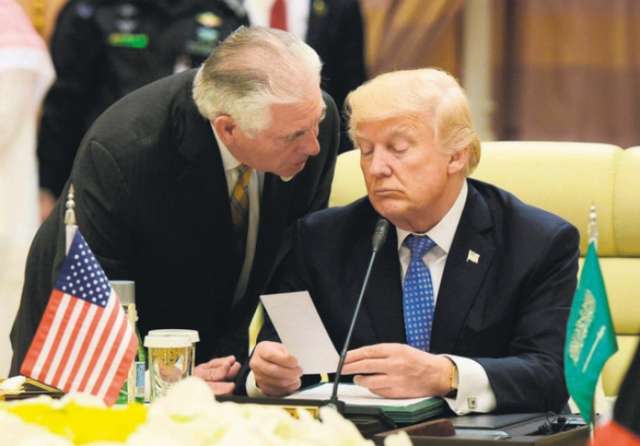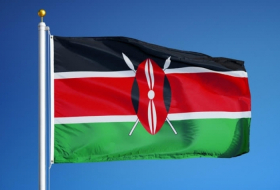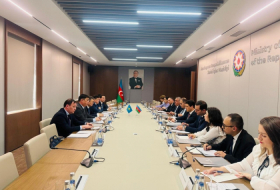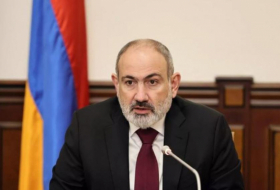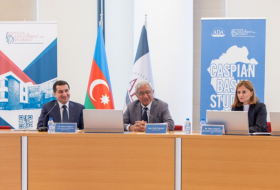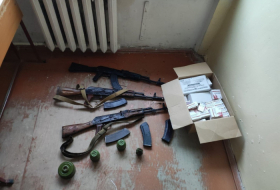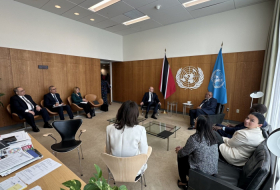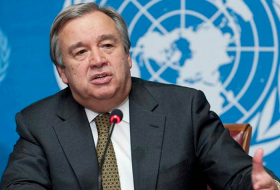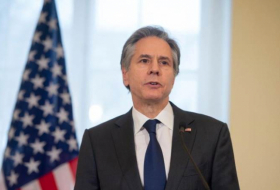"The plan is moving forward and is being studied. There has been an agreement to hold further talks concerning its establishment, and to reach a deal concerning its targets, mechanisms and the means to achieve them," according to western diplomatic sources.
Sending a tough message to Tehran, shortly after pragmatist Hassan Rouhani was re-elected the president, Trump urged Arab leaders to unite to defeat militants, and said Iran had for decades "fueled the fires of sectarian conflict and terror," during his two-day visit to Saudi Arabia, his first overseas trip since his January swear-in. Trump's choice of Saudi Arabia, Iran's bitter regional rival, for his first official foreign visit also reflects the deep antagonism of his administration toward Iran.
Referring to Iran as "the number one terrorist state," the U.S. president said the Middle Eastern country supplies money and weapons to terrorist groups. The Trump administration hit the ground running, re-imposing sanctions against Iran in its first weeks in office and also instating restrictions against those who are complicit with Tehran.
Israeli Defense Minister Lieberman earlier proposed a Sunni pact to the Gulf States and Saudi Arabia in order to challenge the Tehran regime in the region. Israel is worried about an Iranian presence in its neighbor. As long as Iran has the power to dominate Damascus and mobilize Shiite groups, there will be more conflict with Israel. Sunni Muslim-dominated Saudi Arabia and Shiite Muslim-majority Iran are regional rivals. The Sunni-majority Saudi kingdom is engaged in a power struggle with the Shiite country for dominance in the region. Tehran is also a major foe of both Washington and Riyadh.
President Donald Trump has expressed his clear support for Israel and has taken a very negative stance toward Iran. Trump opposed the nuclear agreement signed by Israel's archenemy Iran and world powers, including the U.S., in 2015 and has said he wants to undo it. The so-called Muslim ban includes Iranian citizens, and it reflects that the Trump administration considers Iran a center of terrorism.
Iran's heavy involvement in Syria seemingly disturbs Israel as Iran has gained a considerable position in the region. Since the war broke out, Israel has supported Bashar Assad's removal and made warnings about the advancement of Iran and its proxies. The former U.S. President Barack Obama was very reluctant to take any step to change the war's fate but started supporting the PKK's Syrian branch under the pretext of waging war against Daesh.
When Turkey launched a military operation against Daesh, there was no U.S. support. In addition, while Iran has been strengthening its position in Syria, U.S.-Israeli relations ran aground over disputes between Obama and Israeli Prime Minister Benjamin Netanyahu.
More about: #Trump #Netanyahu #Saudi-Arabia #NATO








